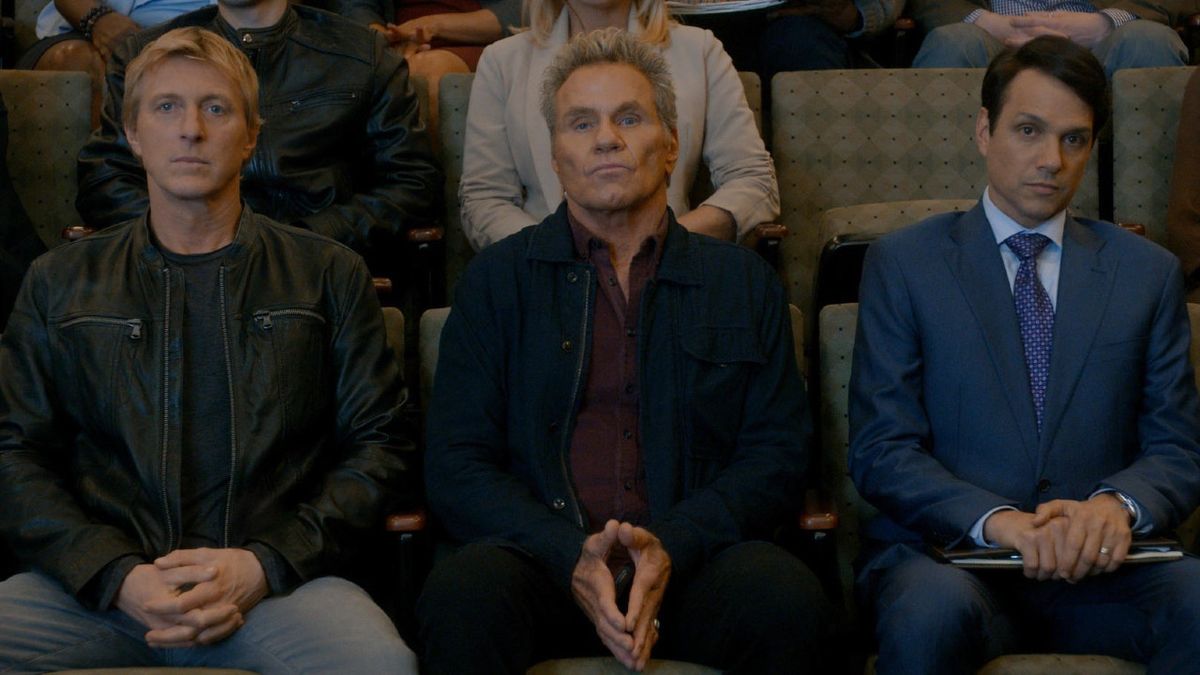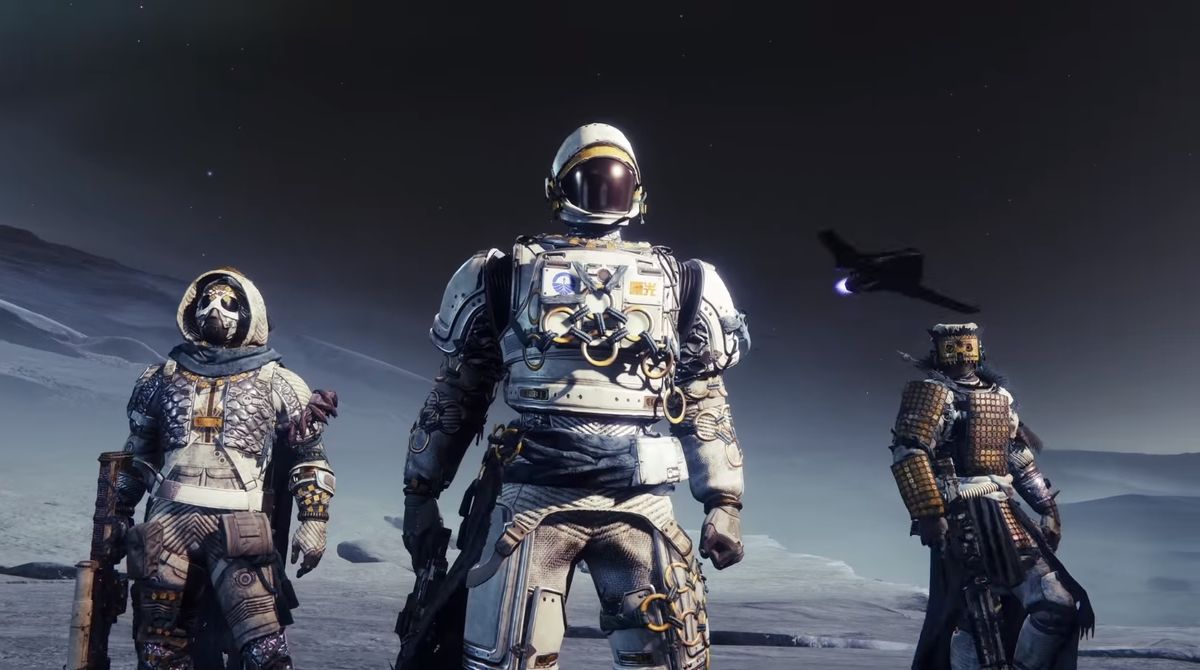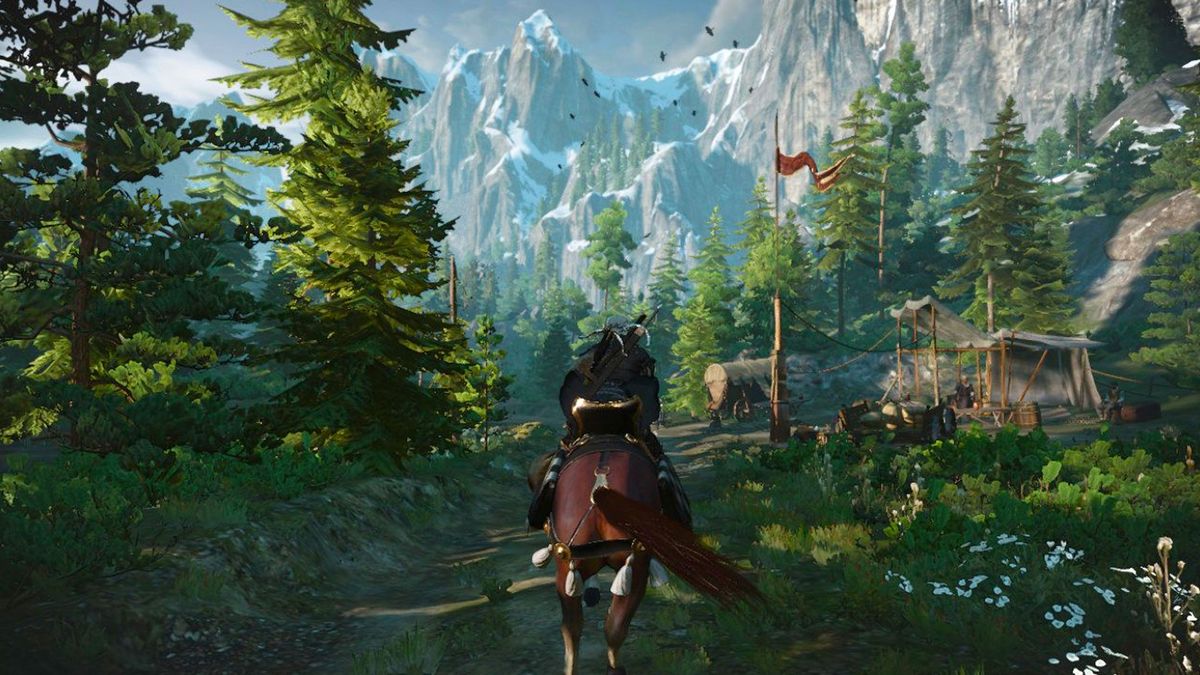When Hollywood distilled Roderick Thorpe’s novel Nothing Lasts Forever into Die Hard, the first elements to go were the politics, the doubt, the moral complexity of choosing sides when you can’t see the bigger picture.
One of the best things about Daniel Monzón’s relentless Iberian action thriller, the winner of eight Goya awards (Spanish Oscars), is that these aspects are pushed to the fore, and yet the pace never dips.
In a jolting opener, we find trainee prison guard Juan (Alberto Ammann) being shown round a high-security jail by his colleagues.
As they offer advice that feels like threats (“You wouldn’t believe what they can do with shoelaces!”) suddenly – bam! – he’s been knocked out by fallen masonry and left to recover in the titular cell.
When he wakes, there’s a riot going on, headed by resident nutjob Malamadre (Luis Tosar). Quick as a flash, Juan gets rid of his wedding ring, his wallet and his shoelaces to blend in.
It’s quite a catch 22 – if Malamadre’s gang of rapists, terrorists and murderers don’t believe he’s a prisoner he’s screwed; if they do, what happens when the SW AT team arrives? This is just the first five minutes.
Prisoners and protestors riot inside and out, allegiances and infighting erupt and the jeopardy levels sky-rocket. True, credibility comes dangerously close to breaking point in quite a few places, while some of the bloodletting skirts the edge of gorno exploitation.
Yet Monzón and screenwriter Jorge Guerricaechevarría find time to explore what happens when the state treats people like animals, and how power corrupts the decent while decency absolves the damned.
At one point the prisoners demand huge plates of shrimps, plus speed and cocaine. It’s not a bad metaphor for the film as a whole – Cell 211 is high-class sustenance served amphetamine fast.
 Game News Video Games Reviews & News
Game News Video Games Reviews & News



